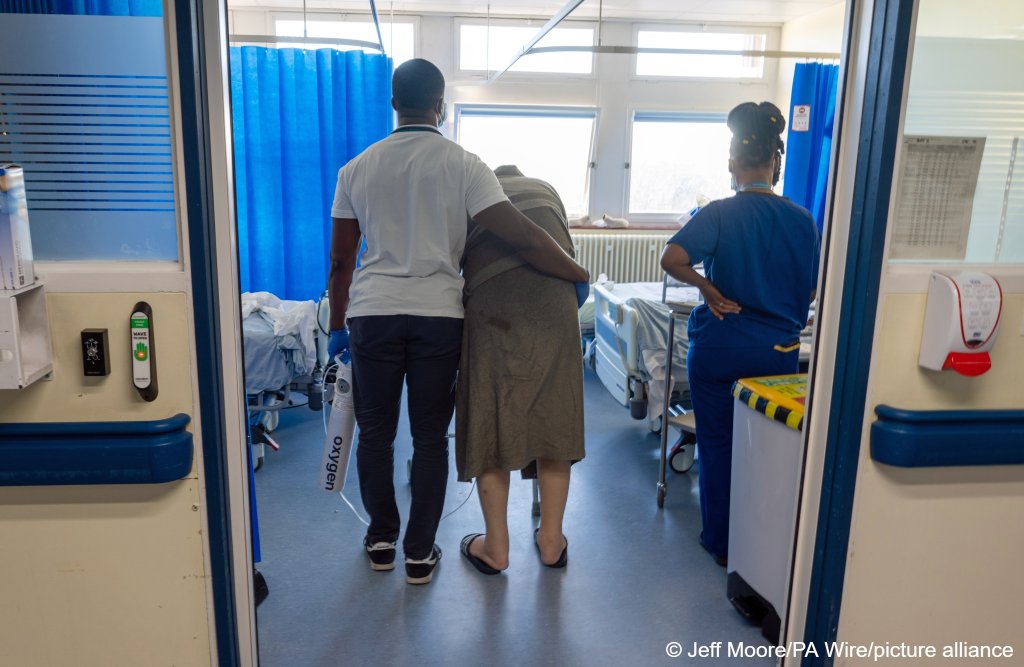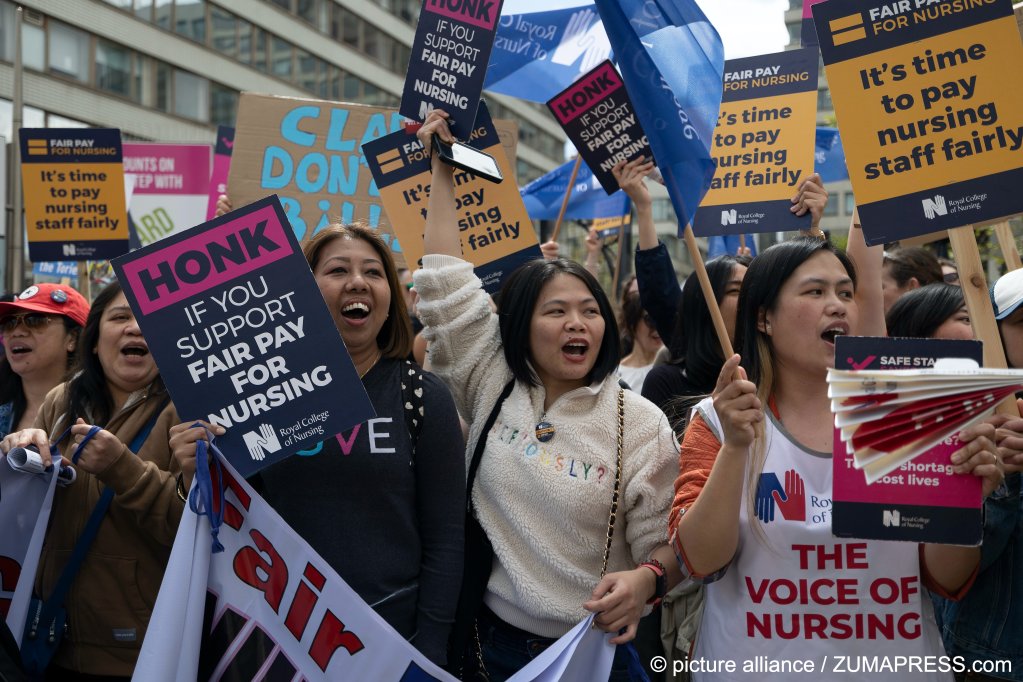From April 9, 2025, care providers must prioritize UK-based migrant workers before recruiting abroad. The move, says the government, is designed to target worker exploitation but may worsen staff shortages, fear some healthcare leaders.
The UK government has announced that from April 9, 2025, social care providers in England must prioritize hiring foreign care workers already in the country before recruiting from overseas. The measure aims to provide jobs for migrant workers who have faced exploitation and unemployment after arriving in the UK.
However, sector leaders warn that this, alongside a planned increase in the minimum wage for care staff on health and care worker visas, could worsen recruitment challenges at a time when international hires are already declining. The drop follows a ban on care workers bringing dependants last year, which has significantly reduced overseas recruitment.
Over the past two years, the UK’s social care sector has become heavily reliant on foreign workers to fill staffing gaps, especially following Brexit. Independent care providers recruited 105,000 overseas workers in 2023-24, up from 80,000 in 2022-23 and just 20,000 in 2021-22, according to the UK charity Skills for Care, established in 2001 as a strategic workforce and planning agency to work alongside the government, and partners to implement adult social care in England.
Betwen 2021 and the present, the number of non-EU migrant care workers has more than doubled, from 140,000 to 300,000, while the number of British care staff fell by 70,000, from 1.26 million to 1.19 million.
Read AlsoUK sees sharp drop in work visas as asylum claims reach record high
Rising concerns over exploitation
The rise in international recruitment has been accompanied by growing reports of exploitation by some employers and recruitment agencies. The Gangmasters & Labour Abuse Authority (GLAA) reported that 61 percent of all worker abuse complaints it received between April and June 2024 related to the UK care sector.

A survey conducted last month with over 3,000 participants on health and care worker visas revealed that many had paid fraudulent fees to secure jobs, only to find no employment upon arriving in Britain. The survey also revealed that some were living in overcrowded housing and earning below the minimum wage.
Further exploitatative situations many migrant care workers have faced include, excessive working hours under threat of visa cancellation and high recruitment fees leading to debt bondage.
Between July 2022 and December 2024, the UK government revoked more than 470 sponsor licences from care sector employers found to be engaging in abusive practices. However, this has left many migrant care workers without jobs, prompting the government to introduce measures aimed at helping them find employment.
Read AlsoUK: Study finds migrant care staff 'exploited by rogue employers'
New hiring rules for care providers
Under the new rules, care providers cannot hire from overseas unless they first attempt to recruit from the pool of unemployed migrant care workers already in England. Employers must obtain confirmation from regional partnerships that they have met this requirement before sponsoring a worker from abroad.
Additionally, the government will allow employers to sponsor foreign staff who arrived on other visa routes, as long as they have already worked for the provider for at least three months.
At the same time, the minimum wage for health and care visa workers will rise from 11.90 pounds (about 14 euros) to 12.82 pounds per hour (about 15 euros), above the new national living wage of 12.21 pounds (about 14.50 euros) set to take effect next month.

Announcing the reforms, Migration Minister Seema Malhotra said, "Too many providers have recruited care workers to the UK and failed to provide them with the work they were promised, or have subjected them to appalling exploitation."
Stephen Kinnock, Minister of State for Care, highlighted the vital role migrant workers play in the UK social care workforce. "As we crack down on shameful rogue operators exploiting overseas workers here in the UK, we must do all we can to get the victims back into rewarding careers in adult social care."
Read AlsoDog walkers, yoga teachers and librarians: The UK's unusual list of 'skilled labor' professions
An end to exploitation?
Despite the government’s intentions, the Homecare Association warned the new rules could worsen recruitment problems in an already strained system.
Homecare Association chief executive Dr. Jane Townson OBE criticized the government's approach, saying, "The government is imposing immigration restrictions without fixing the broken commissioning system that makes stable employment impossible."
"You cannot legislate for better working conditions while simultaneously underfunding the services expected to provide them," she added.
The association blames chronic underfunding by NHS and local authority commissioners, which has left providers unable to meet rising costs. Last year, it identified a 1 billion pound (about 1.18 billion euros) funding gap between commissioner fees and the minimum cost of providing care, estimating that providers needed 28.53 pounds (about 33.92 euros) per hour in 2024-25 to remain sustainable.
For 2025-26, the estimated cost has soared to 32.14 pounds per hour (38.21 euros), due to a 6.7 percent rise in the national living wage, higher employer national insurance contributions, and lower salary thresholds for NICs (National Insurance Contributions --what British employees and employers pay into the state welfare and pension system).
Read AlsoUK: Migration crackdown risks trapping victims in slavery
With Reuters
